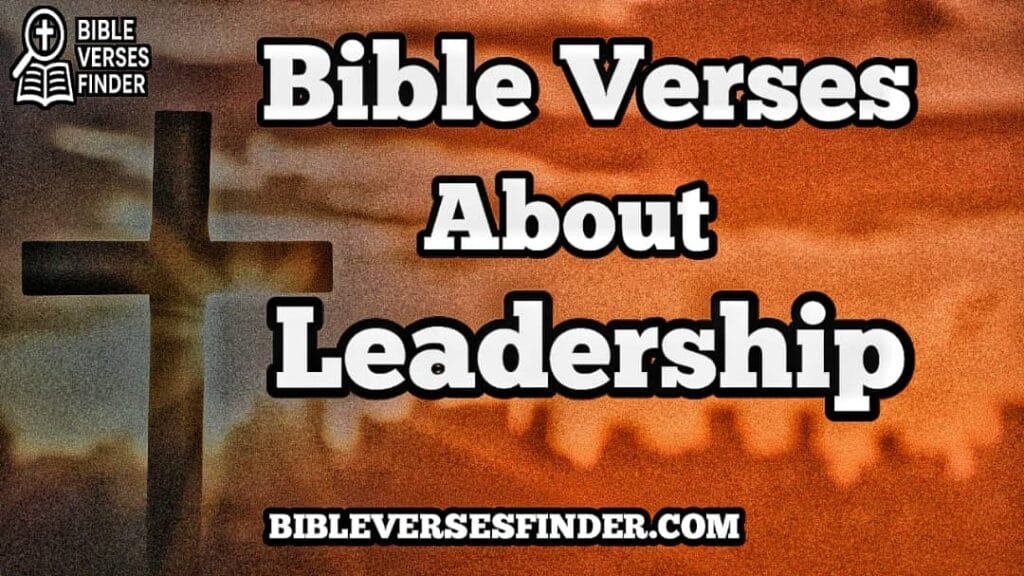Forgiveness is one of the most powerful and challenging acts of love that God calls us to. It’s easy to talk about forgiveness when everything is peaceful and relationships are unbroken. But when someone has hurt us deeply, betrayed our trust, or wounded our hearts, the idea of forgiving and forgetting feels almost impossible.
Must Read: 21+ Inspiring Bible Verses To Remove Curses

Yet, in the heart of the Christian faith lies a powerful truth: forgiveness is not only a command, it’s a reflection of God’s own nature. The Bible calls us to forgive others, not because they deserve it, but because we ourselves have been forgiven by God through Jesus Christ.
We shall be sharing with you all on an interesting forget and forgive bible verse everyone is expected to know. Once you have this in mind that humans will always offend you, then there is no need to be worried at all. Please take your time and read through.
Must Read: 19+ Most Inspiring Casting Out Demons Bible Verse
1. The Foundation of Forgiveness: God’s Example
The Bible makes it clear that forgiveness begins with God. He doesn’t ask us to do something He hasn’t already done himself. The ultimate model of forgiveness is found in the way God deals with our sins.
Key Verse: Isaiah 43:25 (NIV)
“I, even I, am He who blots out your transgressions, for My own sake, and remembers your sins no more.”
What a beautiful promise! God, in His mercy, chooses to forget our sins. But this doesn’t mean that God literally loses memory of what we’ve done he is all-knowing. Instead, it means He no longer holds our sins against us. He chooses not to bring them up, not to let them define us, and not to let them interfere with His love for us.
When God forgives, He wipes the slate clean. He says, “I remember your sins no more,” not because He can’t remember, but because He refuses to let the past dictate the relationship. This is the foundation upon which Christian forgiveness is built. When we forgive, we are mirroring the heart of God choosing love over resentment, mercy over judgment, and peace over bitterness.
2. What Does It Mean to Forgive and Forget?
Many people misunderstand the phrase “forgive and forget.” It’s often used casually, as if forgetting means pretending something never happened. But true biblical forgiveness goes much deeper.
To “forget” in a biblical sense means to no longer dwell on or be defined by the offense. It’s not about erasing the memory; it’s about releasing the power it holds over your heart.
Key Verse: Hebrews 8:12 (NIV)
“For I will forgive their wickedness and will remember their sins no more.”
This verse, echoing God’s covenant promise, reveals that forgetting is an act of mercy, not memory loss. When we forgive, we are making a conscious choice to let go of the right to retaliate, to rehearse the pain, or to define someone by their mistake. It’s a process sometimes slow, always intentional. But through God’s grace, it’s possible.
3. Jesus’ Teaching on Forgiveness
When Peter asked Jesus how many times he should forgive someone who sins against him, Jesus’ answer was radical.
Key Verse: Matthew 18:21 22 (NIV)
“Then Peter came to Jesus and asked, ‘Lord, how many times shall I forgive my brother or sister who sins against me? Up to seven times?’ Jesus answered, ‘I tell you, not seven times, but seventy-seven times.’”
In other words, forgiveness has no limit. Jesus wasn’t giving a mathematical formula; He was teaching a heart posture. Forgiveness isn’t about keeping score it’s about keeping your heart free.
Jesus then told the parable of the unmerciful servant (Matthew 18:23–35), where a man who was forgiven a huge debt refused to forgive a smaller one. The message is clear: We can’t truly receive God’s forgiveness while withholding it from others.
4. Forgiving Others as God Forgave Us
Paul’s letters repeatedly echo the importance of forgiveness within the Christian community.
Key Verse: Ephesians 4:31 32 (NIV)
“Get rid of all bitterness, rage and anger, brawling and slander, along with every form of malice.
Be kind and compassionate to one another, forgiving each other, just as in Christ God forgave you.”
Forgiveness isn’t just an emotional release it’s an act of obedience. Paul urges us to “get rid of all bitterness,” because bitterness poisons the soul. It hardens the heart, blocks joy, and distances us from God’s peace. But when we forgive, we reflect Christ’s love. We step into a spiritual freedom that anger can never give.
5. The Healing Power of Forgiveness
Forgiveness is not weakness it’s strength. It’s one of the most courageous acts a believer can make. When you forgive, you don’t excuse the wrong; you release yourself from being bound by it.
Key Verse: Colossians 3:13 (NIV)
“Bear with each other and forgive one another if any of you has a grievance against someone. Forgive as the Lord forgave you.”
Forgiving as the Lord forgave you means forgiving completely, unconditionally, and out of love not convenience.
In real life, this might mean:
1. Letting go of resentment toward a family member who betrayed you.
2. Choosing not to bring up someone’s past mistakes in arguments.
3. Praying for someone who hurt you deeply.
NOTE: It’s not easy but healing rarely is. Through forgiveness, the wounds begin to close, and peace begins to flow where bitterness once lived.
6. Forgetting the Past and Moving Forward
One of the greatest examples of moving forward after hurt is found in Paul’s words.
Key Verse: Philippians 3:13–14 (NIV)
“Forgetting what is behind and straining toward what is ahead, I press on toward the goal to win the prize for which God has called me heavenward in Christ Jesus.”
Paul isn’t saying that his past vanished from his mind. He’s saying that he refuses to let it hold him back. The same principle applies to forgiveness. When we “forget” in Christ, we are choosing to look forward to healing, to growth, to the future God has prepared for us. Forgiveness doesn’t erase memory; it redeems it. It allows God to turn a story of pain into a testimony of grace.
7. Why Forgiveness Is Freedom
Holding on to grudges keeps us imprisoned. But forgiveness unlocks the door to peace.
When we refuse to forgive, we chain ourselves to the past, reliving the hurt over and over. But when we let go, we permit God to handle justice His way.
Key Verse: Romans 12:19 (NIV)
“Do not take revenge, my dear friends, but leave room for God’s wrath, for it is written: ‘It is mine to avenge; I will repay,’ says the Lord.”
Forgiveness isn’t saying that what happened was okay it’s saying that you’re okay to move on. You’re trusting God with your pain, your healing, and your justice. And in doing so, you open your heart to peace that surpasses all understanding.
8. Real-Life Application: Learning to Forgive and Forget
If forgiveness feels impossible right now, start small. Pray. Ask God to soften your heart. Here are a few practical steps to help you walk in forgiveness:
1. Acknowledge the pain. Don’t suppress it—bring it to God.
2. Pray for the person. This shifts your focus from anger to compassion.
3. Release control. Let go of your desire for revenge or validation.
4. Set boundaries. Forgiving doesn’t always mean reconciling—it means releasing.
5. Remind yourself of God’s grace. You’ve been forgiven, so you can forgive.
NOTE: Forgiveness is a journey, not a one-time event. Some days will be harder than others—but every step forward is a victory of grace.
Frequently Asked Questions (FAQ)
Let’s take a look at some possible questions and answers regarding forgive and forget bible verses you will be needing. Take your time and read through.
1. Does “forgive and forget” mean I have to trust the person again?
Not necessarily. Forgiveness releases resentment; trust is rebuilt through consistent change.
2. What if the person doesn’t apologize?
Forgive anyway. Forgiveness is between you and God, not contingent on someone’s remorse.
3. How can I forgive someone who deeply hurt me?
Pray for strength. Remember that forgiveness is a process. God’s grace will guide you through it.
4. Can I forgive but not forget?
Yes. Forgetting in Scripture means choosing not to dwell on or act upon the memory, not literal amnesia.
5. Why is forgiveness important for Christians?
Because it reflects God’s heart and frees us from bitterness, allowing peace to reign in our souls.
Summary
“Forgive and forget” isn’t about pretending pain never happened; it’s about choosing to live free from its hold.
When we forgive, we step into God’s character. We become living testimonies of His love and mercy. Just as God forgave and “remembered our sins no more,” we too can choose to release the past and embrace the peace of Christ. So, if you’re carrying the weight of unforgiveness today, lay it down at the foot of the Cross. Remember that Jesus bore every sin, every betrayal, and every wound so that you could be free.
I hope you found this post interesting. Do well to share this post with family and friends via any of the share media platforms. Stay with us as we do all we can to keep you updated.





